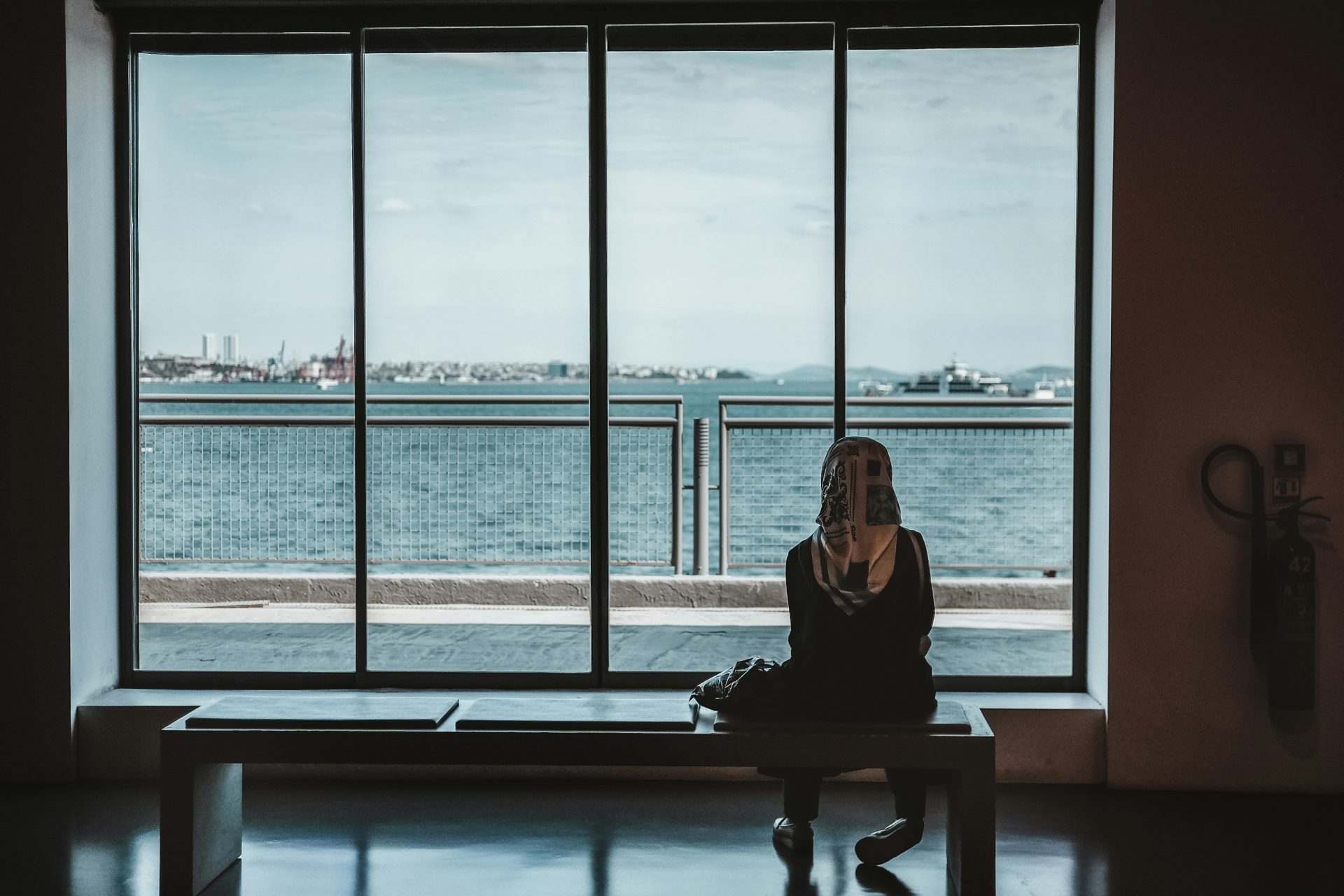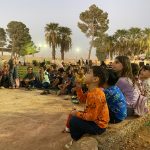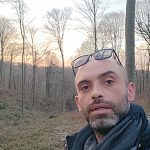Written by: Safiyyah Tayyeb
Dante, a volunteer aid worker and translator, shared his experience distributing aid in southeastern Turkey during the harsh winter. One of the stories he recounted was of Fatima, a woman he met through his cousin who lives in the same neighbourhood of Şanlıurfa. The city, known as the City of Prophets, is located 146 kilometres away from Fatima’s home in Raqqa, northern Syria. Fatima is a single mother of five—her husband left them to return to Syria, leaving her to raise their children alone. With little family nearby, she depends on people like Dante and the support of the Turkish Red Crescent to make ends meet. Here is Fatima’s story.
***
I was in my first year of university studying French when an accident in Syria disrupted my education. When ISIS took control of Raqqa, I made the difficult decision to flee the city with my children on May 22, 2013. Our homes were destroyed, forcing us to seek refuge near the Turkish border. Although ISIS no longer controls Raqqa, returning home is not an option due to ongoing instability. The Syrian Democratic Forces, controlling Raqqa along with Kurdish and allied forces, offer little improvement. All forces are the same, and are as bad as each other. My home country remains unsafe for my family. With no homes left, and needing at least 4,500 Euros to cross the border, returning to Syria is simply not feasible. I fear for my children’s safety, so staying away is our only option.
My daily life revolves around caring for my children. Every morning I take them to school, prepare food and manage the household. While Turkey has provided a sense of security, our home remains unsafe. I constantly worry for our safety, especially in the aftermath of the 2023 earthquake. “It is good we were not in the house at the time,” I recall, thinking back to the emotions as people fled to the streets.
I have five children: Shoja (11), who was born in Syria, and Takwa (10), Eithar (9), Abrar (6), and Retaj (3), who were all born in Turkey. I draw my strength from them. They rely on me entirely. My children represent my entire life and future—I know that I must stay strong for them. They are everything to me. We cannot be apart. They have no support but me, and I have no one but them.
The journey to Turkey was marked by extreme hardship. There was a lack of food, water and security. Upon arriving in Turkey, I felt a sense of security and reassurance. It is a beautiful country with all the necessities for life, but adapting wasn’t easy due to the language barrier. Over time, we learned the language, but challenges persisted, such as finding work and dealing with prevalent racism. Although there are other Syrian refugees in the area, my children have struggled with language barriers and discrimination at school and on the streets, making it difficult to preserve our oral heritage.
My situation became even more dire when the region was hit by a massive earthquake on February 6, 2023, at 2am. It was freezing cold. I took my children to a local park where they had previously played on the swings and ran around the fountain. That night, however, under the dark winter sky, I was forced to light a small fire with whatever I could find in the streets: plastic bottles, containers… anything that could burn. The plastic produced toxic and unpleasant smoke, but I had no other option to keep my family warm.

The earthquake left our already-fragile building on the verge of collapse, with cracked and hollow infrastructure. My family was the only one still seeking refuge there. We’ve been advised by the municipality not to return to such treacherous structures, but without other options, we continue to risk staying there. After the earthquake, we lived in a tent for three months, frequently moving to the countryside before returning to our damaged home, despite warnings from the municipality. I’m not sure what was worse. My back aches from the worn out mattress. We live in one room. There is a second room but it isn’t habitable because of the earthquake. My muscles are numb from the icy winds creeping through the cracks. I have no heater or winter blankets. I wake up to rainwater leaking through the cracks, the whistling wind and terrifying thunder keeps my children awake at night. I can’t help but feel defeated because I can’t provide basic shelter for my family.
Living in such fragile conditions makes it difficult to keep our Syrian heritage alive. It’s hard to cook traditional meals as there is no functional kitchen. I have no stove, gas, fuel or hot water. We can’t play familiar games, or sing songs that connect us to our past. Teaching my children about their roots, language and folklore, feels almost impossible in this setting. Moving to a European country would make it easier to preserve and pass down our cultural identity while offering us a chance to live in safety and stability. My goal is to move to a European country with my children in search of a better life, free from discrimination. I hope for a place where my family can live with dignity, away from the dangers we faced in Syria and ongoing challenges in Turkey.
***
Fatima’s journey is a powerful reminder of the resilience and determination that many refugees show in the face of adversity. Despite the challenges of fleeing Syria and dealing with the aftermath of a devastating earthquake, Fatima remains focused on finding a safer and more stable life for her children. As part of the Syrian diaspora community, she has expressed a strong desire for assistance to leave Turkey, as she does not feel safe or settled there. Her story emphasises the need for greater support and understanding of the struggles that refugees endure—from seeking safety to building a future with dignity. Her aspirations were once to graduate from university, but now, all she wants is to keep her family safe.
Fatima’s hope to leave Turkey for a European country reflects a desire shared by many refugees: to live without fear and have the chance to rebuild their lives in peace. Her resilience is inspiring—when everything seems out of her hands, she continues to do her best to overcome it.



